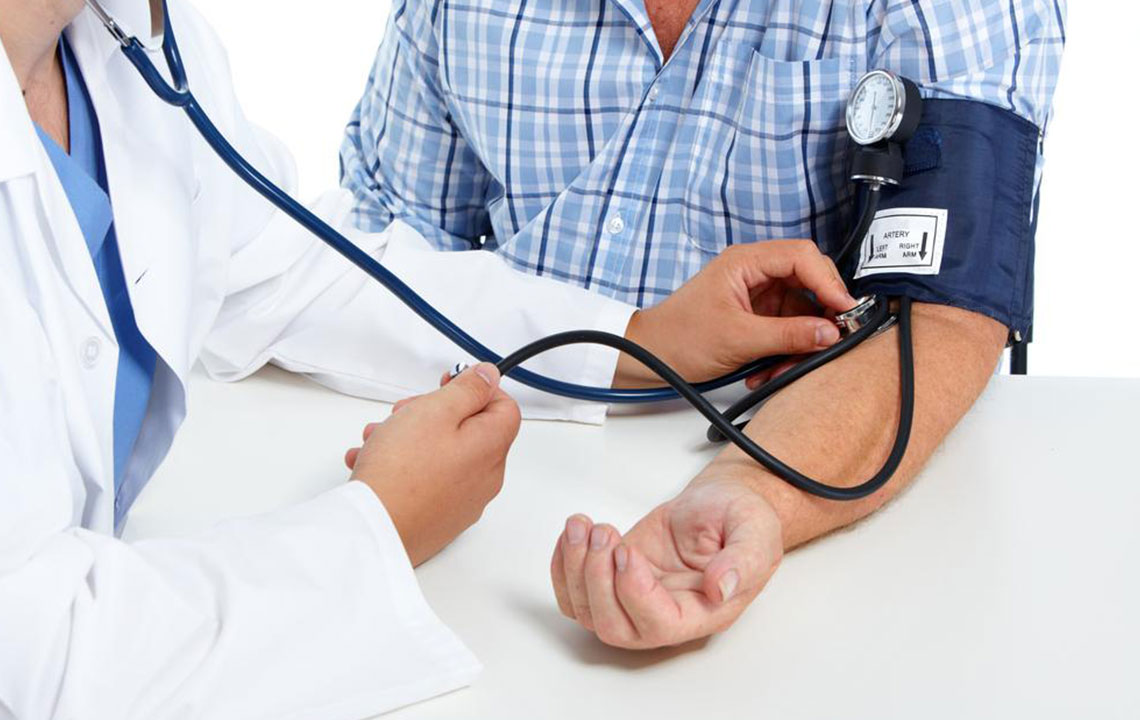Smart Nutritional Strategies for Managing Hypertension
Adopt effective dietary practices to control high blood pressure. Focus on reducing sodium, increasing potassium-rich foods, choosing healthy dairy, minimizing processed foods, and moderating alcohol intake. Healthy eating combined with lifestyle changes can lead to better hypertension management and improved cardiovascular health.
Sponsored

Effective Dietary Approaches for Hypertension Management
Even with medication, poor eating habits can hinder blood pressure control. Your diet significantly impacts hypertension. Focus on meals rich in magnesium, potassium, and fiber while limiting sodium intake for better management. Unsure how to plan your diet? Here are practical tips to help you choose beneficial foods and avoid those that elevate blood pressure.
Healthy eating habits are crucial. Incorporate foods low in sodium, high in essential nutrients, and minimize processed and canned items to keep your blood pressure in check. Maintaining these habits, along with moderate alcohol consumption and weight management, can greatly improve your cardiovascular health.
Monitor Sodium Consumption
Reducing salt in your diet can help control blood pressure. Keep track of sodium intake by maintaining a food diary and reading labels to stay within the recommended limit—ideally no more than one teaspoon of salt daily.
Choose Unsweetened Yogurt
Plain, fat-free yogurt, rich in calcium, magnesium, and potassium, supports blood pressure regulation. Opt for unsweetened varieties for optimal benefits.
Eat Plenty of Leafy Greens
Potassium-rich vegetables like spinach, kale, broccoli, lettuce, and turnip greens help eliminate excess sodium, aiding in blood pressure control.
Avoid Processed and Canned Foods
Processed foods often contain high sodium levels. Cutting back on canned and packaged items can help maintain a healthier blood pressure level.
Moderate Alcohol Intake
Limited alcohol consumption can positively influence blood pressure, but excessive drinking may raise levels and interfere with medication effectiveness.
By adopting a nutritious diet, staying active, and maintaining healthy habits, you can effectively manage and improve your blood pressure.






